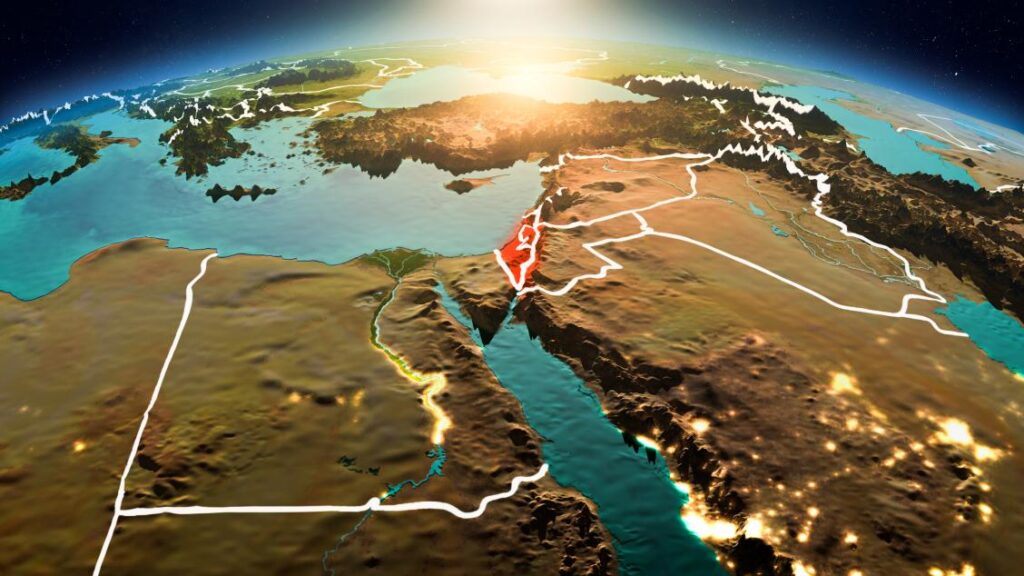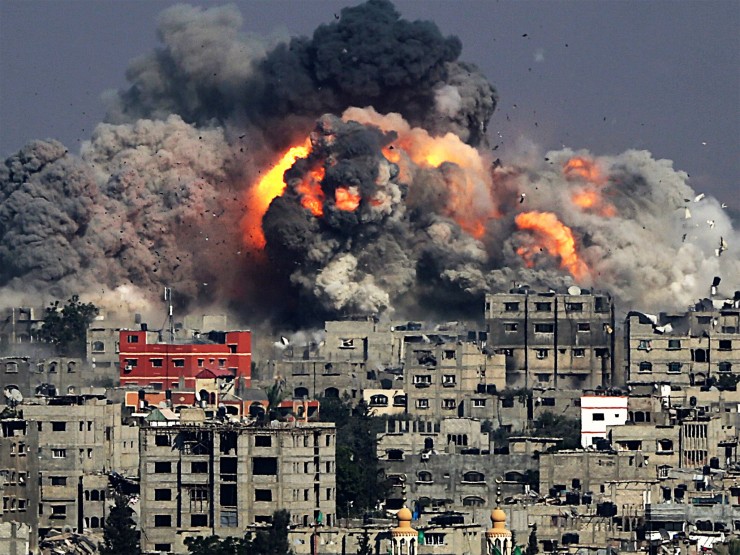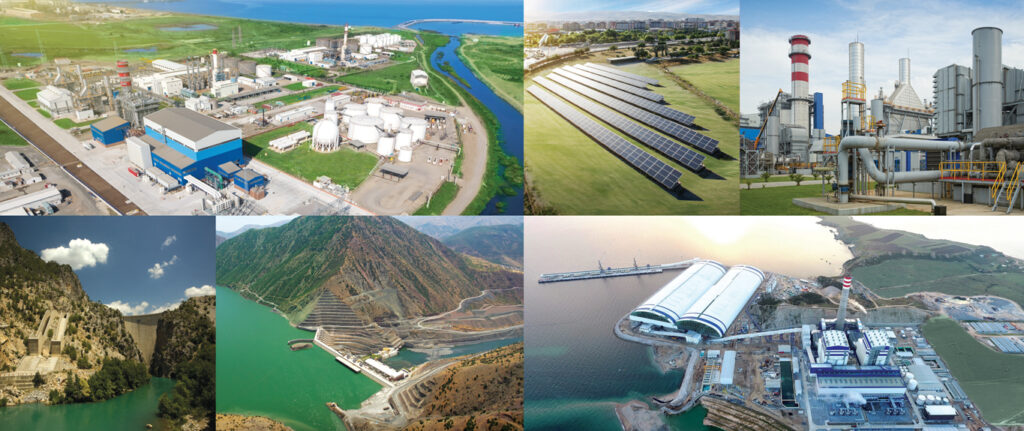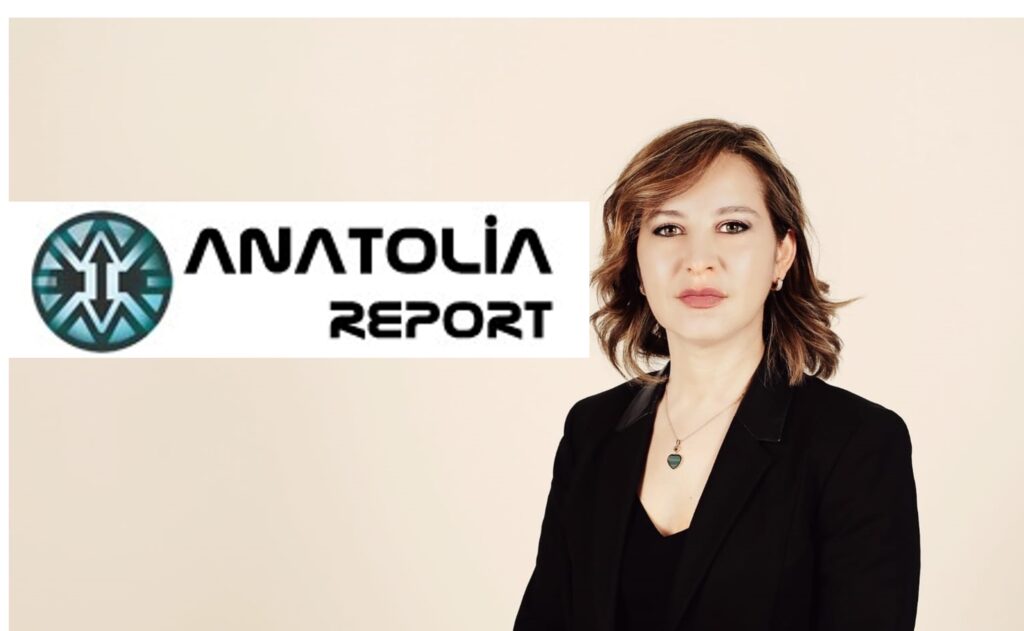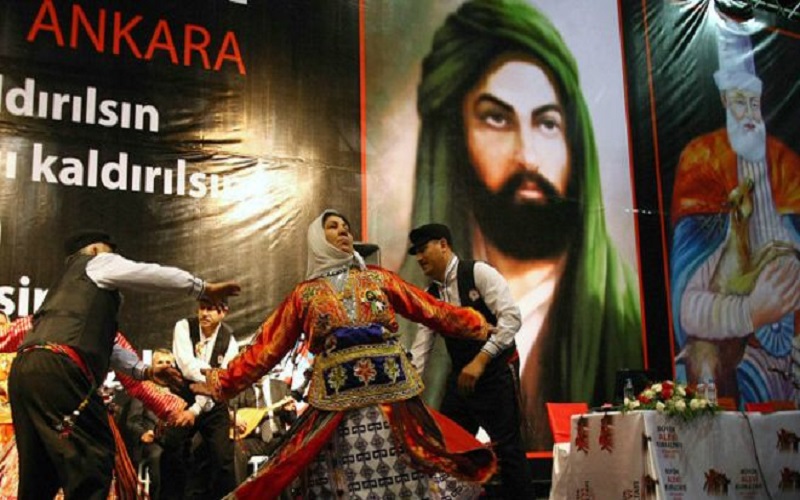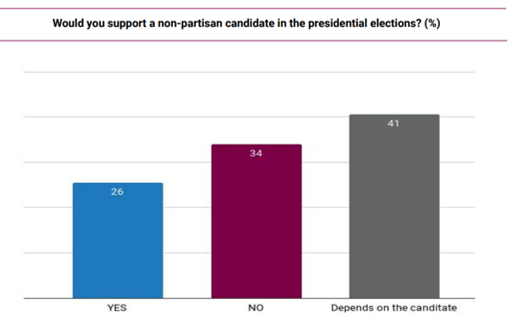Türkiye-Iran-Russia Trilateral Summit : What was discussed?
Türkiye-Iran-Russia Trilateral Summit : What was discussed?
By Anatolia Report
August 2022
Turkish President Recep Tayyip Erdogan, Russian President Vladimir Putin and Iranian President Ebrahim Raisi came together as part of the Astana format in Tehran, the capital of Iran, in a meeting held on the evening of July 19. Erdogan and Putin had previously visited Tehran in September 2017 as part of negotiations on the Syria crisis. However, the important developments and changes in the power balances in the region and the international system in the last four years have differentiated this meeting’s conjuncture from the others.
While President Erdogan’s recent announcement that Turkiye plans to launch a new military operation in Syria was met with objections by Iran, Russia took a relatively passive stance. There were reflections of this at the summit, and after his meeting with President Erdogan, a message containing a covert threat came from the Iranian Supreme Leader Ali Khamenei that a possible operation by Turkiye would harm Syria, Turkiye and the region. However, Erdogan has emphasized that Turkiye will not take a step back, saying that he is determined to drive out the evil centers that aim at his country’s national security from Syria.
After Russia’s tactical withdrawal of some of its forces from Syria since the Ukraine invasion, Türkiye wants to create new safe areas by taking steps in YPG/PKK-controlled areas. In this context, Tel Rifat, Manbij and Kobani seem to be three potential targets. Of course, Türkiye also calculates the US factor in a possible operation. Although the US does not view Türkiye’s operations against YPG/PKK terror elements in a positive light, Turkey’s attitude towards the NATO membership of Sweden and Finland will be effective in shaping their reactions. While the support given by Sweden and Finland to the YPG terrorist organization has become a crisis issue in the latest decisions regarding NATO enlargement, it is likely that Washington will try to avoid a new crisis with Ankara on this issue due to Türkiye’s ability to use its veto power on Sweden and Finland’s NATO membership proposals.
It seems easier to find points of reconciliation with Russia in Türkiye’s possible operation in comparison to Iran. Putin may bring up a land swap with the Assad regime in Idlib in response to Turkiye’s operations in Manbij and Tel Rifat. Such a situation can be interpreted as Russia’s unwillingness to increase Iranian influence in Syria. This scenario is also a rational choice for Russia, whose influence over Syria has weakened due to the Ukraine war. It seems difficult for Iran to come to terms with Turkiye because, beyond the Syrian context, there has been serious tension in Turkiye-Iran relations in recent times.
Erdogan’s visit to Iran, which was planned to take place last year, was postponed several times. This has been interpreted as a sign of troubled relations between the two countries. It is also important that this trip took place after Erdogan’s visit to Saudi Arabia. Turkiye is sending a message to Iran that the normalization steps it has taken do not target Iran, and that it wants to follow good relations with it, while tension between the two countries should be lowered. All in all, Turkiye probably does not expect an agreement with Iran regarding the possible operation in Syria.
The victory won by Turkiye’s support to Azerbaijan in the Second Karabakh War has been the starting point of serious tension in Turkish-Iranian relations. This is because Iran was disturbed by the strengthening and growing military presence of Türkiye in the South Caucasus. Meanwhile, a perception of threat against Turkiye increased in Tehran based on the “feeling of being surrounded by Turkiye.” In addition, Iran, which is disturbed by Turkiye’s increasing influence in the region, has started to make assessments that Erdogan’s “ambitious and dangerous” policies are against Iran. During this period, the tension in bilateral relations was not limited to Syria, but the Iranian-backed Shiite militias in Iraq which cooperated with PKK/PYD elements and launched rocket attacks against Turkiye’s bases. In addition, Iran has recently started to emphasize that Ankara’s policies to build large dams on the Euphrates and Tigris rivers trigger an environmental disaster, holding Turkiye responsible for the sandstorms that have been effective in the region.
Last week, US President Joe Biden’s visit to Iran’s two traditional enemies, Israel and Saudi Arabia, his participation as a guest of honor at the Gulf Cooperation Council (GCC) Summit in Jeddah, and the Arab NATO discourses on the agenda is another development that worries Iran. Biden’s statement after his Middle East tour indicating that “they will not leave the region to Russia, China and Iran” has brought comments regarding Iran being a target. In addition, the White House’s statement that Iran plans to give hundreds of drones to Russia for use in Ukraine has been interpreted as an attempt to present itself as a regional and global threat on the Iranian side. The news and comments in Iranian media that nuclear negotiations with the US collapsed in Doha, that Biden tried to suppress Iran and that he turned to the policies of Donald Trump were given along with comments that Turkiye undertook rapprochement with these countries by abusing its relations with Iranu
While Iran is uncomfortable with Turkiye’s normalization with the UAE and Saudi Arabia, it also thinks that it will be the target of a possible normalization with Israel. The news in Istanbul that Iranian intelligence is preparing to attack Israeli citizens and some arrests are interpreted as Turkiye’s pursuit of developing security cooperation with Israel. Therefore, the assessment that the risk of “threat” has increased in Iran’s view towards Türkiye is also reflected in the search for a solution in Syria. Such a perspective makes reconciliation with Turkiye difficult. Of course, this is not the only factor. The fact that Russia had to withdraw its tactical elements from the field due to the war in Ukraine is considered an opportunity for Iran. Iran wants Russia to fill the places emptied by its self-appointed Shiite militias and is uncomfortable with the possibility of Turkiye gaining space in Syria in the current conjuncture.
In addition, while it was possible for Russia to prevent tension directly by mediating or as a balancing factor between Turkiye and Iran before the Ukraine war, it does not seem possible to focus on Syria now. Therefore, in the absence of Russia as a mediator and buffer power in Syria, Iran wants to make the most of Moscow’s vacuum. In addition, while Iran wants to increase its military presence in Syria, it also wants to gain sociological depth. In this context, it tries to transform the demographics in Aleppo by doing something similar to what was done in Mosul after Daesh/ISIS and continues its activities for the Shiiteization of the region. Similarly, Iran supports the settlement of Shiite missions in the regions it has captured and tries to increase its sociological influence by carrying out educational, cultural and religious activities in Syria, as Iran’s sociological influence is weak in a Syria without Assad.
Regarding the Turkiye-Iran-Russia summit in Tehran, The New York Times (NYT) said that Turkiye took part in the summit that “challenged the West.” In The Wall Street Journal, it was commented that “(Russian President Vladimir) Putin used the trip to shore up friendly relations with both Iran and Turkey, and to push back on the international isolation imposed on him.” On the other hand, Al Jazeera preferred the headline “Turkey’s (President Recep Tayyip) Erdoğan renews case for Syria operation at Tehran talks.”
There is more than one reason why the NYT commented that “the summit that challenges the West,” but the most important thing is that the summit took place right after U.S. President Joe Biden’s trip to the Middle Eastern countries. Biden knocked on the doors of many countries, including Israel and Saudi Arabia. His agenda was to gather support against Russia on the axis of the Ukraine war and the Iranian influence in the Middle East.
From this perspective, Turkiye’s unique position in diplomacy stands out once again. Erdoğan, who recently contacted Biden at the NATO summit in Madrid, met with the countries’ leaders standing on the opposite side of the bloc, namely Putin and Iran’s President Ebrahim Raisi, at a time when the regional competition was at its peak. It would not be wrong to say that Erdoğan is the only leader who can meet with everyone in this process where the global crises are deepening. It should also be noted that Putin, who did not visit any place other than the former Soviet countries after the Ukraine war, came out of “isolation” for the summit.
Let’s continue to explain Turkiye’s unique position in diplomacy. With his speech at the summit, which “challenges the West,” Erdoğan challenged not only the West but everyone on the issue of terrorism and used the following statements:
“As the Astana guarantors, our expectation from the Russian Federation and Iran is to support Turkiye in this fight … Tal Rifaat and Manbij have become a hotbed of terror. The time has come to clean up these harbors where the terrorist organization took refuge. Our expectation from our Astana partners is their sincere support for our efforts to achieve stability in Syria.”
In his speech, Erdoğan openly stated at the leadership level that Moscow and Tehran should support Ankara against a counterterrorism operation to be conducted in Syria. This means being open and strengthening hands at the table of counterterrorism diplomacy. Especially when Washington keeps sending the messages of “we are against the operation.”

